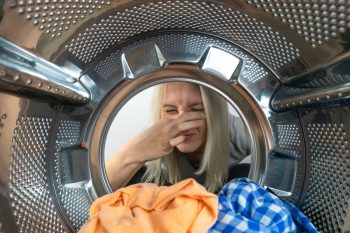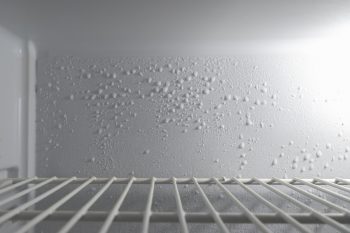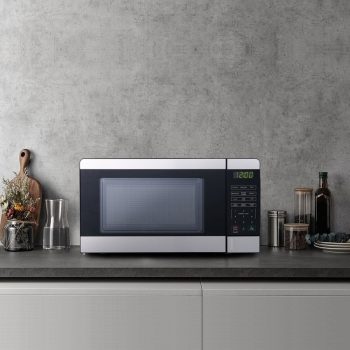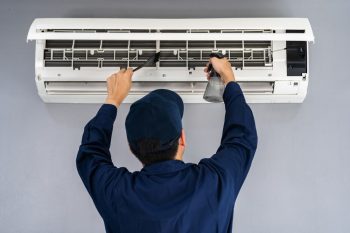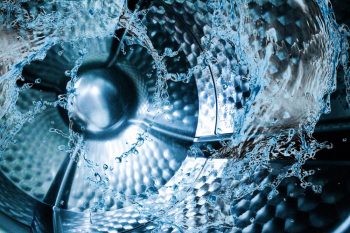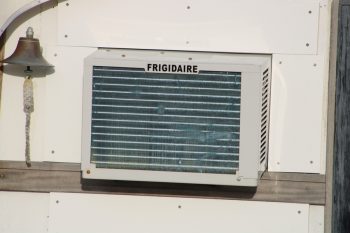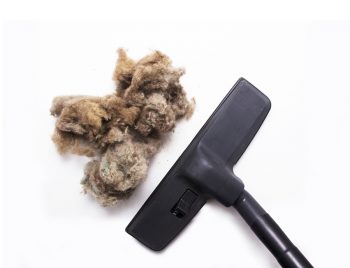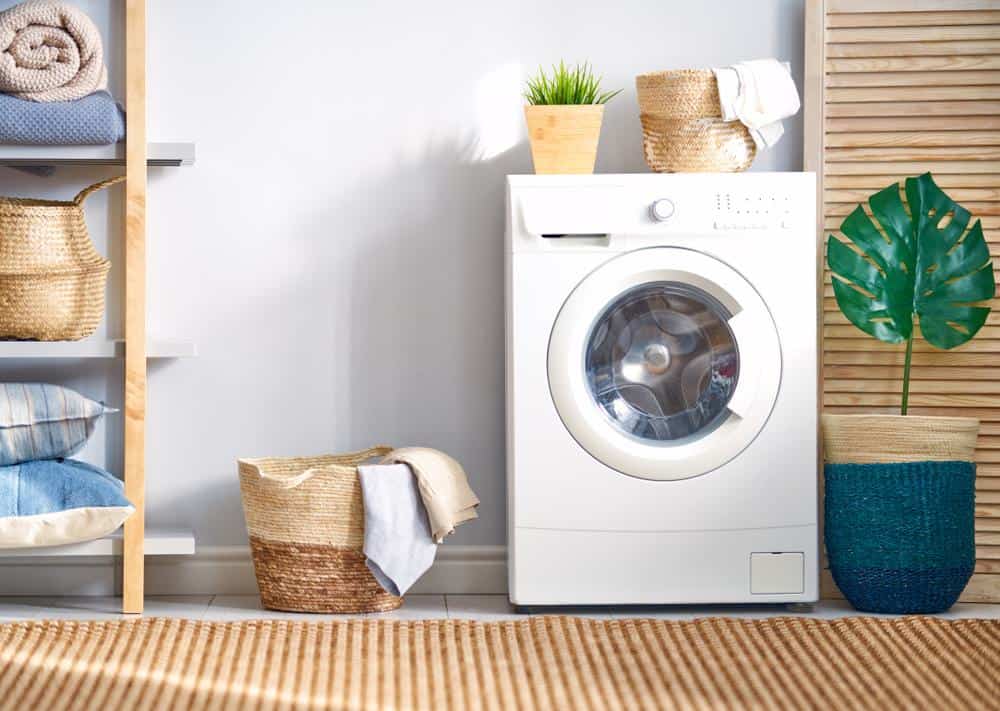
Your washing machine is an essential part of your home, but when it starts to smell like a sewer, it can be quite concerning. This unpleasant odor can permeate your laundry room and even affect your freshly washed clothes. So, why does your washer smell like a sewer? Let’s delve into this issue and explore some solutions.
Your washer may smell like a sewer due to reasons such as bacteria and mold buildup, a clogged or improperly installed drain hose, poor venting or a clogged vent stack, a dry or improperly functioning P-trap, and algae growth in inlet hoses. Regular cleaning of your washing machine, checking and cleaning the drain hose and filter, inspecting the sewer vent pipe, and if needed, seeking professional help can eliminate and prevent sewer smells in your washing machine.
Common Reasons for Sewer Smells in a Washing Machine
Several factors can contribute to your washer smelling like a sewer. Here are some common culprits:
Bacteria and Mold Buildup
Bacteria and mold can grow in your washing machine due to the accumulation of dirt, mildew, lint, and soap scum. Over time, these microorganisms can produce unpleasant odors, resembling a sewer or rotten egg smell [^1^].
Clogged or Improperly Installed Drain Hose
A clogged drain hose can trap dirty water, creating a foul odor. Moreover, an incorrectly installed drain hose can cause sewer gas to enter your laundry room [^2^].
Poor Venting or a Clogged Vent Stack
Sewer smells can come from the plumbing if a vent stack is clogged, preventing proper air circulation. This can cause sewer gases to escape into your laundry room [^3^].
Dry or Improperly Functioning P-Trap
A P-trap is designed to hold water and prevent sewer gases from entering your home. If the P-trap is dry or not functioning correctly, sewer gases can escape into your laundry room [^4^].
Algae Growth in Inlet Hoses
In some cases, algae can grow in the inlet hoses, causing the water sitting in the hose to smell [^5^].
How to Eliminate and Prevent Sewer Smells in Your Washing Machine
Here are some steps you can take to eliminate and prevent sewer smells in your washing machine:
Regular Cleaning
Run a hot water cycle with distilled white vinegar (1-2 cups) without any clothes in the machine. This will help remove any buildup of soap scum, dirt, debris, and mold [^6^].
Clean the Door Seal
For front-loading washing machines, check the rubber door seal for any trapped items, dirt, or mold. Clean it with a solution of one part water and one part distilled white vinegar or bleach [^7^].
Clean the Drain Hose and Filter
Disconnect the drain hose from the back of the machine and remove any visible debris or lint buildup. You can also pour a mixture of boiling water and baking soda down the drain or hose, followed by white vinegar to help break down any clogs [^8^].
Check the P-Trap
Ensure that the washing machine hose is correctly installed and that the p-trap is functioning properly to prevent sewer gas from entering your home [^9^].
Inspect the Sewer Vent Pipe
Make sure the vent pipe is clear of any obstructions, as this can cause sewer smells to enter your home [^10^].
By following these steps, you can effectively eliminate and prevent sewer smells in your washing machine.
Professional Services for Persistent Sewer Smells
If at-home remedies fail to remove the sewer smell, it is essential to contact a professional plumber or appliance repair service. Persistent sewer smells can indicate underlying plumbing issues that require professional attention.
EcoClean, Sale Appliances Ltd, iFix Appliance Repair, Mr. Rooter Plumbing, and Reeves Family Plumbing are some services you can consider. These companies offer expert assistance in diagnosing and fixing the source of the sewer smell in your washing machine [^11^].
In conclusion, while a sewer smell in your washing machine can be unpleasant, it is usually a sign of an underlying issue that can be addressed with regular maintenance, proper cleaning, and, if necessary, professional help.
Frequently Asked Questions
How often should I clean my washing machine to prevent sewer smells?
You should clean your washing machine once a month to prevent the buildup of bacteria, mold, and soap scum that can lead to sewer smells[^6^].
Are there any specific cleaning products I should use for my washing machine?
Distilled white vinegar is an excellent natural cleaner for washing machines. It can effectively remove dirt, debris, and soap scum. For tougher stains or mold, you can use a solution of one part water and one part bleach[^6^] [^7^].
What should I do if the sewer smell persists after cleaning?
If the sewer smell persists after cleaning, it may be a sign of a more serious issue such as a clogged drain, poor venting, a malfunctioning P-trap, or algae growth in the inlet hoses. In this case, it would be advisable to contact a professional plumber or appliance repair service[^11^].
Can a sewer smell in my washing machine pose any health risks?
Sewer smells in your washing machine can indicate the presence of bacteria and mold, which can potentially cause health problems, especially for people with allergies or respiratory conditions. Moreover, sewer gas can contain harmful substances, so it’s important to address this issue promptly.
[^6^]: Source: Regular Cleaning [^7^]: Source: Clean the Door Seal [^11^]: Source: Professional Services for Persistent Sewer Smells

